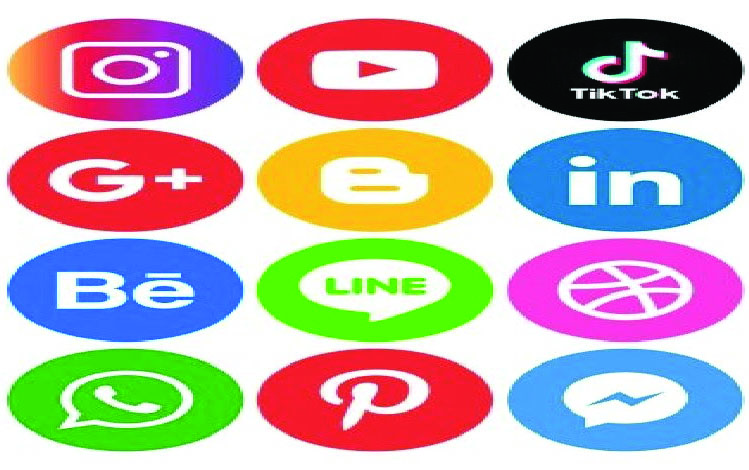Social media is all the rage in today’s society. Any kid with a phone or device has some sort of social media. In some ways, it’s exciting to see how they pick up on technology so quickly and connect with the digital world around them. In other ways, it’s terrifying because they have no idea what dangers lurk on the other side of those screens.
In the classroom, many teachers try to capitalize on this excitement and use apps in their lessons. If a teacher cannot use the actual app, he or she may try to make a template to replicate how an app looks and have students do a book chat, a mini-biography on a famous person, or a character from a book. However, some apps that teens deem popular are not all they’re cracked up to be.

Today, the majority of apps require users to be at least thirteen years old. Yet, there are a few that require users to be 18. This has been mandated by COPPA (Children’s Online Privacy Protection Act) and FERPA (Family Educational Rights and Privacy Act). The problem is that kids don’t ask permission and adults may not know the dangers of the apps or only dig surface deep.
One of the worst apps to avoid is Tik Tok. At first glance, one might think it’s just an app used to make lip sync and dance videos. The terms of use state that the user must be eighteen years of age, but there is no way of verifying the age of the user. Many of the songs used within the app are extremely explicit. Most of the videos and content uploaded to Tik Tok are not monitored unless they have sexual content. Videos that are sexually explicit are blocked. That is not to say that some of the other videos are not risqué. Within Tik Tok, users can search and find videos that encourage anorexia, drug use, self-harm, self-hate, and even suicide. Those are just a few of the terrible topics that can be found upon searching. Users of the Tik Tok app are now being encouraged to participate in “challenges.” These challenges can lead to hurting oneself, someone else, or possibly death. One of the latest challenges is the penny challenge where users were challenged to slide a penny between their phone charger and an outlet. Many teens were electrocuted and some even died. The newest challenge is known as the “skullbreaker” where users get someone to jump in the air and then kick their feet out from under them causing harm to the person that jumped. If the word challenge is typed into the search bar, hundreds of video challenges will appear. Some are innocent, some are funny, and some are dangerous and cruel.

When promoting, using, or replicating an app, make sure to do your research. Educators need to be aware of the laws set in place by COPPA and FERPA. Not all apps are as they appear. As educators, we need to understand the tools we place in front of our students and what we are promoting.
Authorship Information:
Stephanie Wright is currently a middle school ITRT at New Kent County, Virginia. She has been there for four years. She served as an ITRT in Henrico Virginia for 8 years. Before becoming an ITRT she was an elementary school teacher teaching grades 1 through 3 for ten years. In her free time she enjoys coaching softball and attending softball games with her goddaughter.

